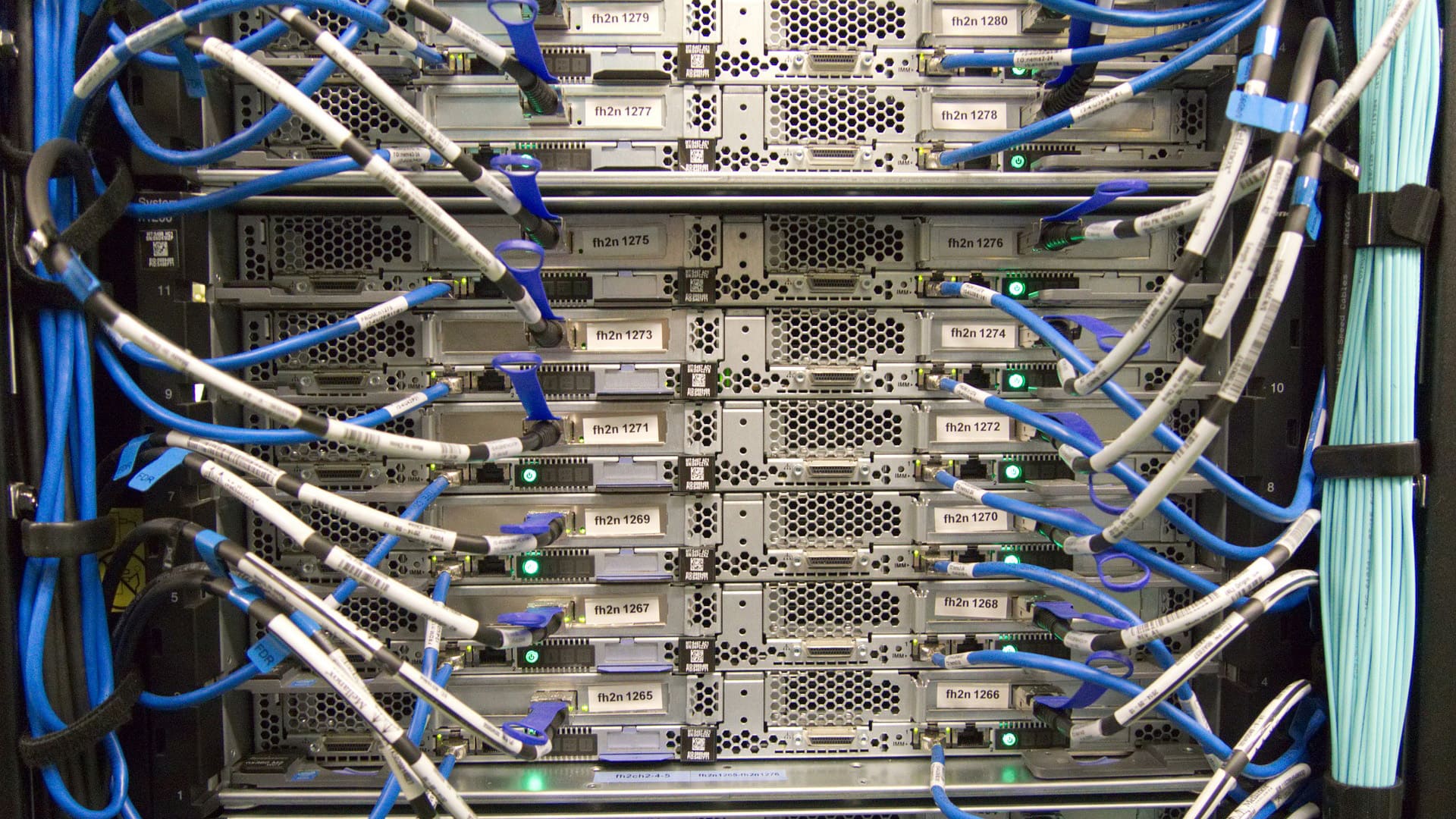Many organizations are quick to grasp the benefits of a cloud-based solution for data management. However, you may not consider how that data is stored.
Data needs to be clean, organized, and easy to access, but rarely is. That's why it's so important to give thought to the physical storage and accessibility of data when planning to migrate from on-premises storage to hybrid cloud solutions. Hybrid clouds are ideal when regulatory requirements, application dependencies, and licensing restrictions prevent a full cloud migration.
One hybrid solution we're partial to is combining Google Cloud with Dell EMC’s Isilon OneFS. Here’s why.

Introducing Isilon Cloud OneFS
Isilon really shines with sectors that have powerful, real-time data needs, such as the entertainment and media industries.
Media and entertainment companies require a vast amount of computing power and storage for assets like animation or video files. With a non-scalable storage system, companies run out of room to store files, then need to invest in a second, non-scalable system.
Download Now: A Guide to Managing and Scaling Your Unstructured Data in a Hybrid Cloud
Over time, this creates a siloed archive of material that's challenging to search, much less leverage. Isilon scales out, so companies can add one piece at a time. This way, data is integrated rather than siloed.
Since Isilon scales linearly, every time you add capacity, you also boost the performance capabilities.

In the last two years alone, more data has been created than previously existed on the planet. The ability to store vast amounts of data in a single system, rather than a cobbled-together approach, is key to efficient operations. Isilon can grow at a petabyte-scale, so it offers the capacity companies need today and tomorrow for an affordable price point.
OneFS is a highly flexible system. It offers various methods for accessing the data and supports various different access protocols. Whatever system needs access to the data can go into Isilon and read the data, without a lot of interfacing on the back end to get the two systems to connect. This saves significant amounts of time.
The Power of OneFS and Google Cloud
When running Isilon OneFS with Google Cloud, there's the added advantage of using a common platform: everything is run in the cloud, so there's just a single way to manage data.
While you may have to manage more data now than at any time in the past, cost is still a consideration. After all, no one wants to pay too much for inventory and storage.
Thus, a scalable solution like Isilon keeps costs affordable, since it can be scaled out as needs grow. There's also the option to tier it to different levels or kinds of storage, such as an all-flash system versus a hybrid system that has a blend of flash and spinning drives.
Many organizations have legacy systems or still operate on-premises. Modernizing your IT to take advantage of the powerful storage and analytics offered by this tech stack isn't something an organization should undertake alone.
Learn more about how the Isilon Cloud OneFS + Google Cloud package can help your business scale unstructured data through the hybrid cloud by downloading our resource, A Guide to Managing and Scaling Your Unstructured Data in a Hybrid Cloud.
Categories
- Cloud Migration and Adoption
- Enterprise IT and Infrastructure
- Artificial Intelligence and Machine Learning
- Data Management and Analytics
- DevOps and Automation
- Cybersecurity and Compliance
- Application Modernization and Optimization
- Featured
- Managed Services & Cloud Cost Optimization
- News
- Workplace Modernization
- Tech We Like
- AWS
- Social Good News
- Cost Optimization
- Hybrid Cloud Strategy
- NVIDIA
- Application Development
- GPU








